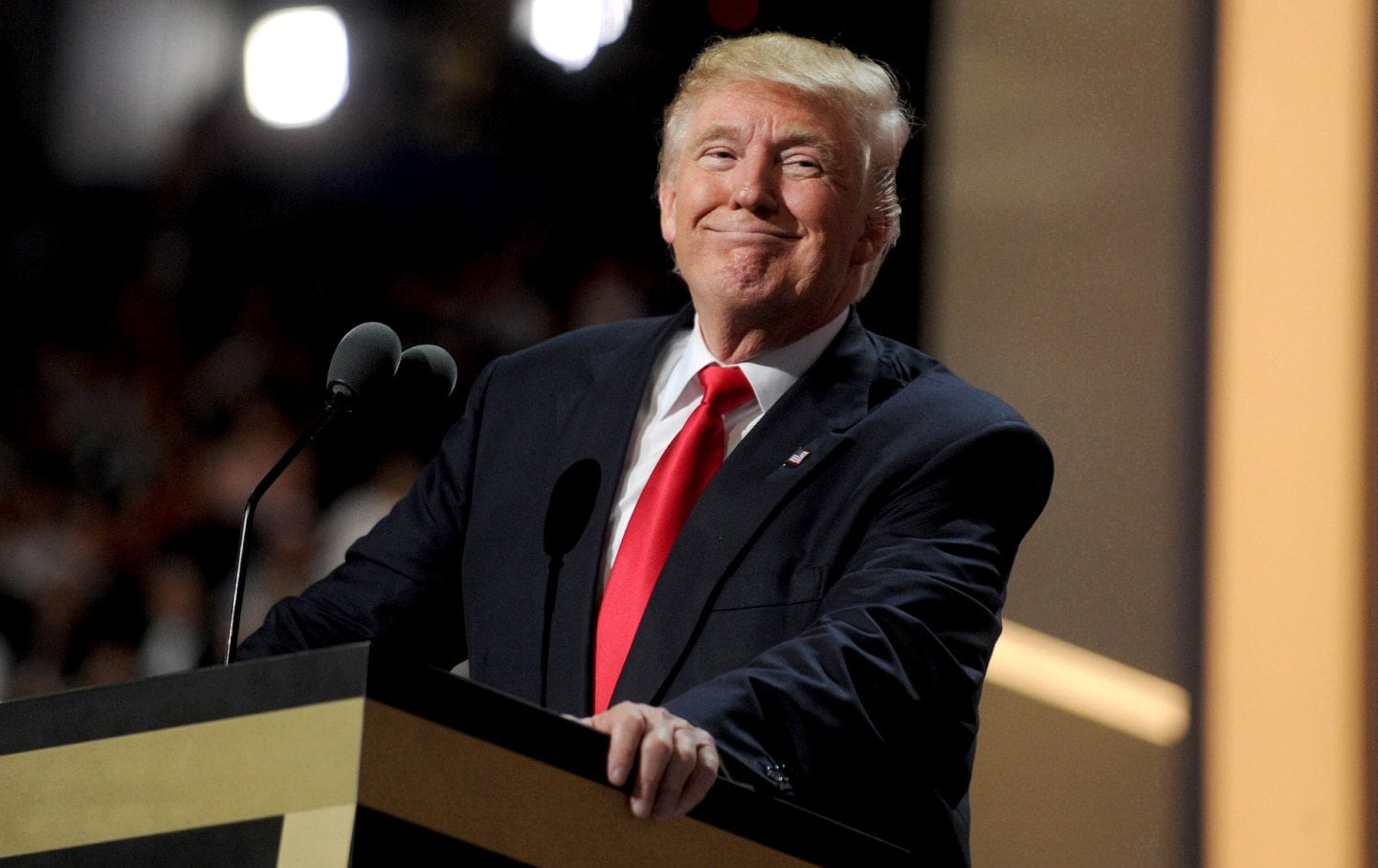More voters are reassessing Donald Trump’s presidency, with a growing number rating it “better than expected” in hindsight. This shift in perception is evident in recent polls, indicating a notable increase in favorable views of Trump’s tenure. Despite remaining a polarizing figure, Trump’s favorability has seen a modest increase, particularly among Republicans. The evolving public sentiment towards Trump’s presidency has significant implications as the 2024 election landscape takes shape. As the political discourse continues to be influenced by these changing perceptions, the impact of this reassessment on future electoral dynamics and the broader socio-political landscape remains a subject of keen interest and analysis.
What factors contributed to trump’s presidency being rated as better than expected:
The reassessment of Donald Trump’s presidency as “better than expected” in hindsight can be attributed to several factors, including the following:
- Economic Performance: Many voters view Trump’s economic policies favorably, citing factors such as economic growth, low unemployment, and a strong stock market during his tenure. These economic achievements have contributed to a positive reassessment of his presidency, particularly among Republicans and some independent voters.
- Political Outsider Image: Trump’s status as a political outsider and his willingness to challenge established political norms appealed to a significant portion of the electorate. His outspoken nature and disruption of traditional presidential expectations resonated with his supporters, contributing to a favorable reassessment of his presidency among his base.
- Partisan Divide: The deep partisan divisions during Trump’s presidency have influenced the perception of his performance. While a majority of Democrats continue to hold unfavorable views of Trump, his support among Republicans remains strong. This partisan divide has shaped the reassessment of his presidency, with Republicans expressing more positive views.
- Public Concerns and Fears: Trump’s ability to address and articulate the concerns and fears of certain segments of the population has contributed to a favorable reassessment of his presidency. Issues such as the economy, immigration, and public safety have been central to his messaging, resonating with many voters who share these concerns.
The reassessment of Trump’s presidency as “better than expected” in hindsight is influenced by factors such as economic performance, his political outsider image, partisan divisions, and his ability to address public concerns and fears. These elements have contributed to a shifting perception of his presidency among certain segments of the electorate.
The policies that trump implemented during his presidency that were considered successful:
During his presidency, Donald Trump implemented several policies that were considered successful by his administration and supporters. Some of these policies include:
- Economic Policies: Trump’s administration negotiated trade agreements, such as the United States-Mexico-Canada Agreement (USMCA), and imposed tariffs to address trade imbalances, particularly with China.
- Deregulation: The Trump administration focused on deregulation, removing government barriers in various sectors, including healthcare, trade, and the environment. This was aimed at promoting economic growth and personal freedom.
- Judicial Appointments: Trump made significant conservative appointments to the federal judiciary, including three Supreme Court justices, reshaping the judiciary for years to come.
- Immigration: Trump’s policies tightened border security, reduced refugee admissions, and imposed travel bans, aiming to curb illegal immigration and enhance national security.
- Middle East Diplomacy: The administration brokered normalization agreements between Israel and several Arab nations, a significant diplomatic achievement in the region.
- Tax Cuts: The Tax Cuts and Jobs Act of 2017, which included significant tax cuts for individuals and businesses, was a major legislative achievement for the Trump administration.
- Criminal Justice Reform: Trump signed the First Step Act, a bipartisan criminal justice reform bill aimed at reducing recidivism and addressing disparities in sentencing.
These policies were central to Trump’s agenda and were viewed as significant accomplishments by his administration and supporters. However, it’s important to note that the assessment of these policies varies across different political perspectives, and they have also been the subject of criticism and controversy.
Considering the future:
The enduring impact of Donald Trump’s unprecedented presidency will unfold over years as historians grapple with its significance. Key questions linger, such as whether his disruptive political approach will be emulated by future candidates, if others can mobilize his loyal voter base, and whether his policy stances will shape the trajectory of governance.
Amidst the fallout from the Capitol attack and Trump’s subsequent impeachment, the Republican Party faces pivotal decisions. While some members have distanced themselves from Trump, many continue to staunchly support him, evident in their rejection of electoral votes. The GOP’s path forward hinges significantly on Trump’s next moves.
Public opinion, especially within the Republican ranks, is divided. While a majority of Americans express reluctance about Trump’s continued political prominence, conservative Republicans overwhelmingly desire his ongoing national presence, contrasting with moderate and liberal Republicans who prefer his exit from the political stage.
Joe Biden embarks on his presidency with certain advantages. Despite narrow margins, Democrats hold majorities in both chambers of Congress, historically conducive to significant legislative achievements, akin to past instances of single-party dominance in Washington. Additionally, Biden garners positive public reception for his Cabinet selections and his adept communication of policies, earning favorable reviews domestically and abroad, notably in key European allies such as France, Germany, and the UK.
However, formidable challenges loom ahead for the new administration. The ongoing COVID-19 pandemic persists amidst vaccination gaps, impeding economic recovery. Persistent polarization in the United States, coupled with the proliferation of misinformation via social media, presents enduring hurdles. Moreover, global issues such as climate change and nuclear proliferation demand urgent attention.
President Biden’s pledge to unify the nation amidst these trials underscores the gravity of the endeavor, highlighting the monumental task ahead.

